With regard to China, it's rather unusual for a small country to request a high-level meeting with the Chinese president. This is not just because of the size differences between the two countries, but also because Chinese diplomacy operates in a way that is somewhat reminiscent of the imperial era. Typically, other countries can only secure a meeting with China after lengthy consultations, not to mention the various Chinese interest groups, such as the factions within the Chinese Communist Party, which all seek to assert their interests during such visits. Viktor Eszterhai, a research fellow at the John Lukacs Institute of the Eötvös József Research Center of the National University of Public Service (NKE), explained this to our newspaper after it was announced that Prime Minister Viktor Orban's peace mission would continue.
According to Ms Eszterhai, such high-level meetings between two states are usually preceded by lengthy preparations lasting anywhere from 6 to 8 weeks. This makes PM Orban's visit particularly rare, deviating from typical Chinese diplomatic practice. Setting up such a meeting on such short notice is indeed "spectacular."
This demonstrates that Hungary is capable of diplomacy beyond its weight, making the Chinese meeting a truly remarkable achievement.
The meeting also shows that both the topic and what Hungary stands for are important to China. The Hungarian government has embraced China's 12-point peace plan for Ukraine, which Western countries view with skepticism, the analyst pointed out. For China, Viktor Orban's trip could also be important because the Hungarian side can use its diplomatic skills to maneuver between Hungary's EU presidency and the representation of the Hungarian state.
At the previous Chinese presidential summit, it was also clear that the policy Hungary is pursuing is of particular interest to Beijing, and it wants to support Hungary's ability to play a "narrating role" even in this political arena, the expert said.
The question is, what are the peace-phobic Western politicians afraid of? Why can't they accept that someone is talking about peace? Is it really so surprising that someone would take the presidency seriously, work, and do something? Up to now, has the EU presidency only been something theoretical?
It's also exciting to see how the Hungarian presidency has begun its job, Viktor Eszterhai stated.
Based on the presidency's traditions, the rotating president can try to play a constructive role by finding compromises without taking any active political direction or, on the contrary, by voicing a position very markedly and showing willingness to represent it consciously. The Hungarian government has opted for the latter.
"Why is this kind of policy a problem?" the analyst asked. Perhaps the reason it's so striking, she explained, is because small countries typically do not wield an independent voice or representation during their EU presidency. Hungary's stance, at first glance, appears to be nothing more than defiance against the mainstream narrative or even an attack on mainstream European politics.
And it's this reversal of decades of established practice that unsettles many people, I think. The fact that things are no longer as they used to be. Previously, the big member states have always figured out how things should be and then discussed it with the US, and this was then represented by the EU Presidency. The current situation is the exact opposite, to cap it all with the establishment of a new group in the European Parliament under Hungarian leadership,
– Ms Eszterhai pointed out. "This change is obviously not to the liking of Western European leaders. They dislike Hungary having its own ideas, they oppose the creation of a different partnership structure, and they are uncomfortable with what this change signifies." In other words, the Hungarian government no longer necessarily views the end of the war with the West's victory as realistic; it is now contemplating a new international line-up.
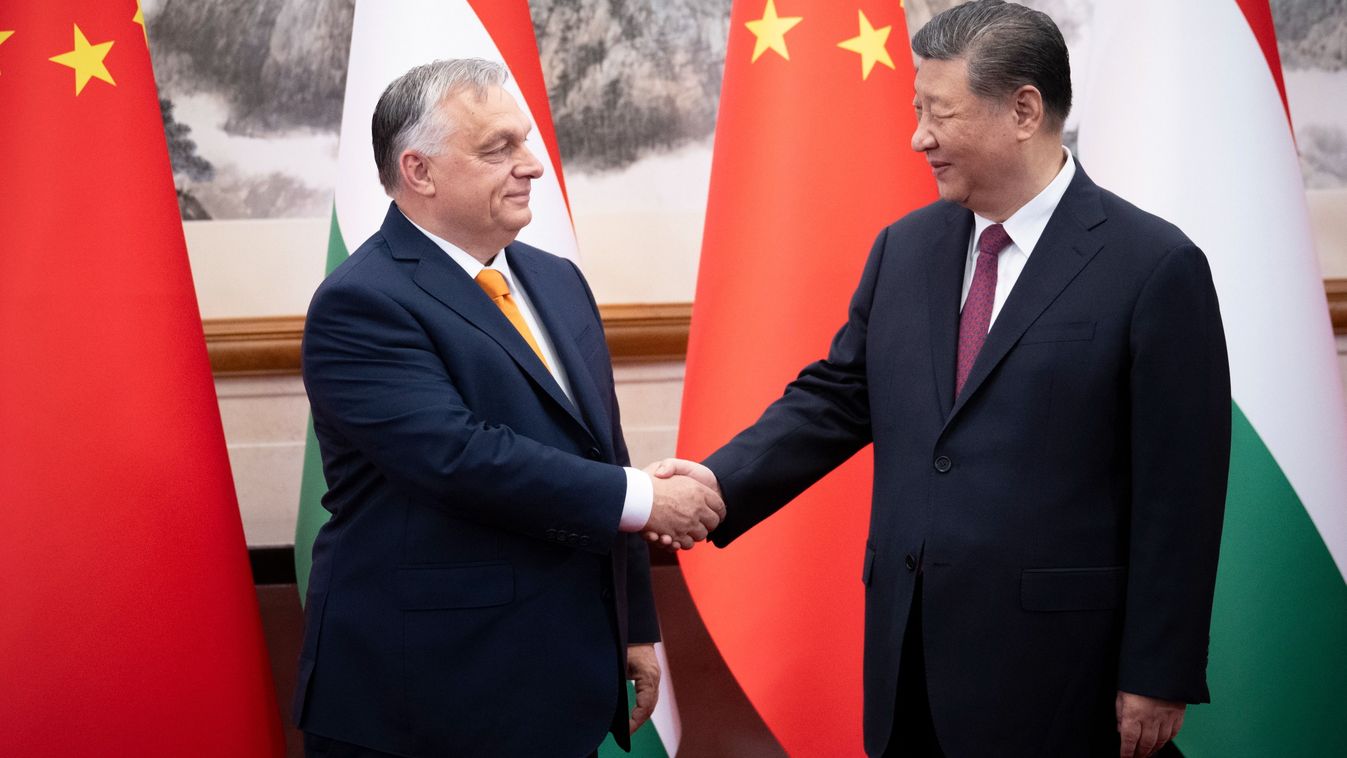
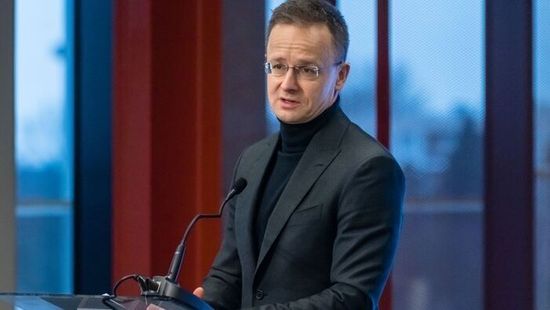
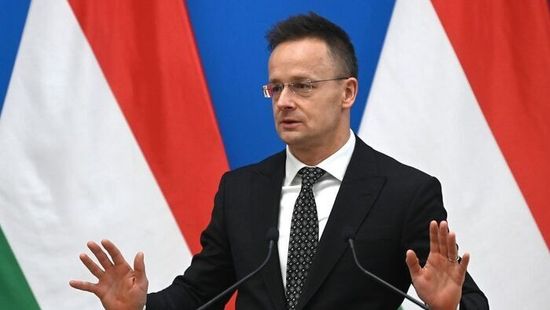
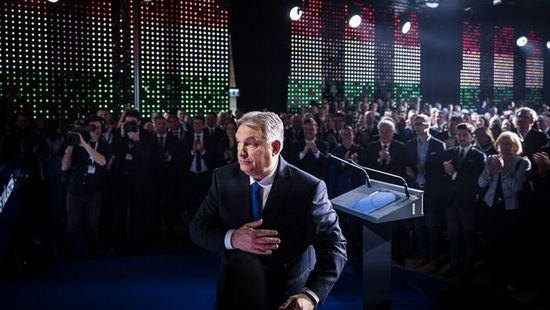
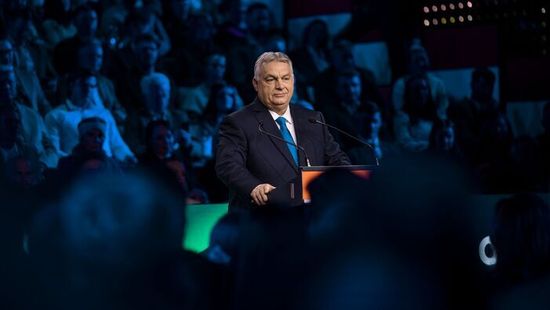


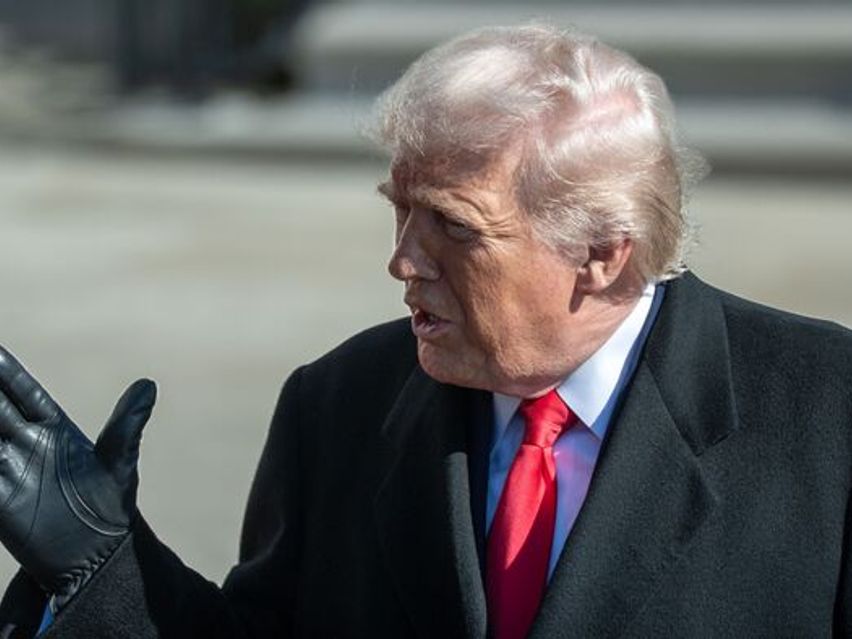
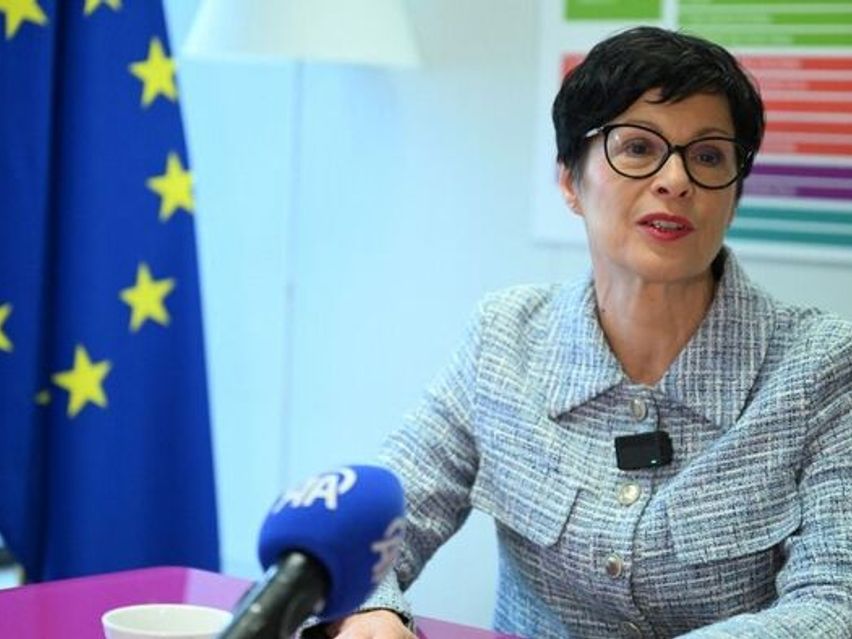
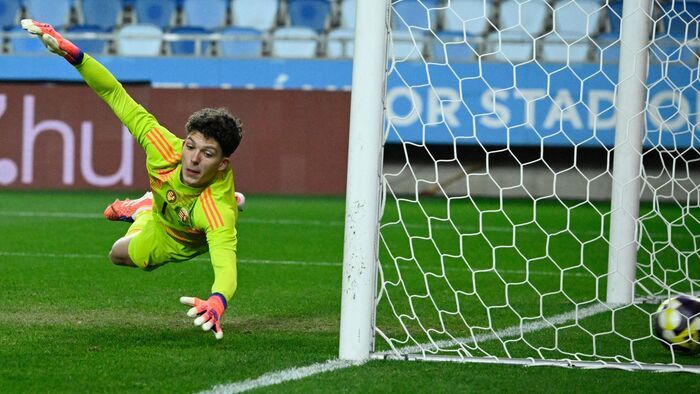

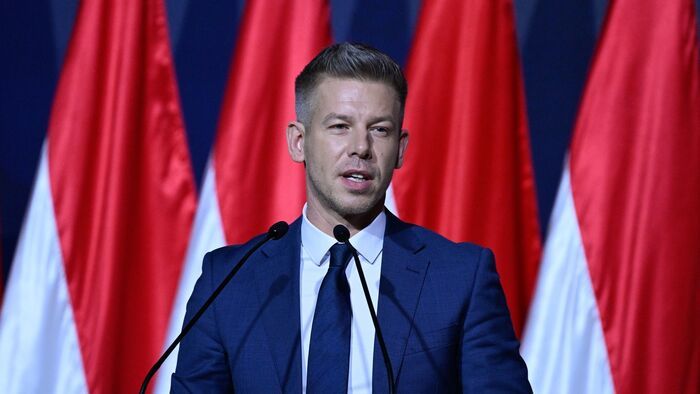

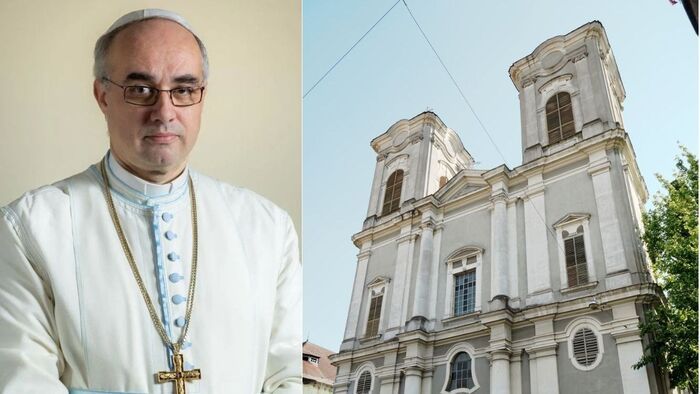
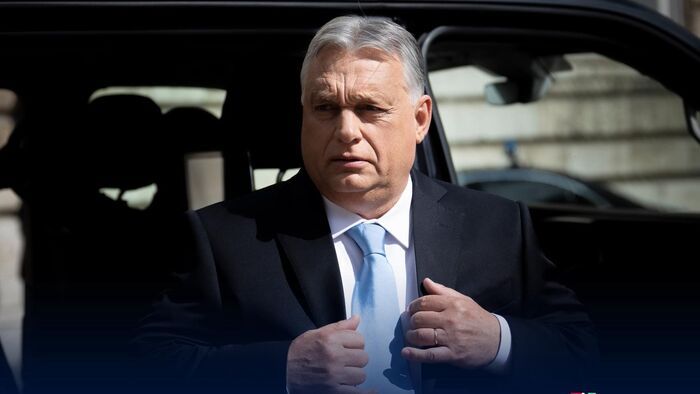
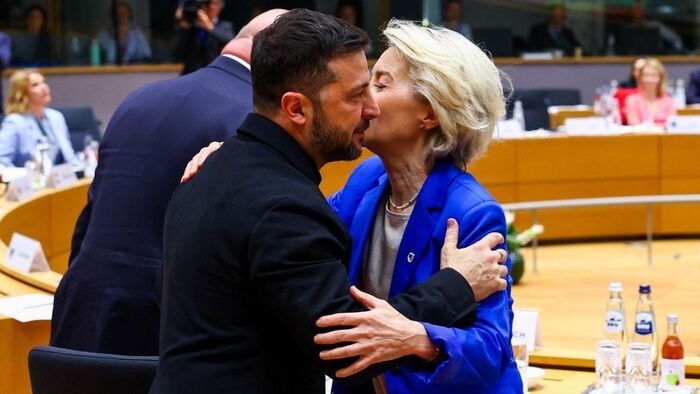

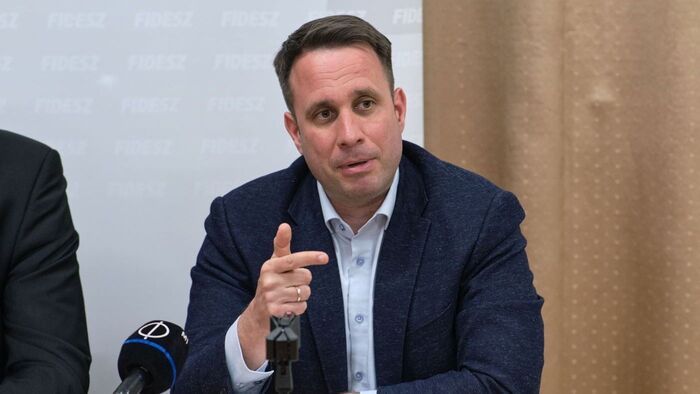

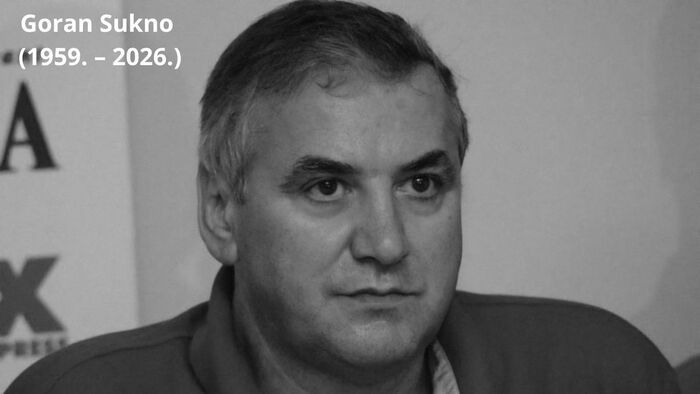

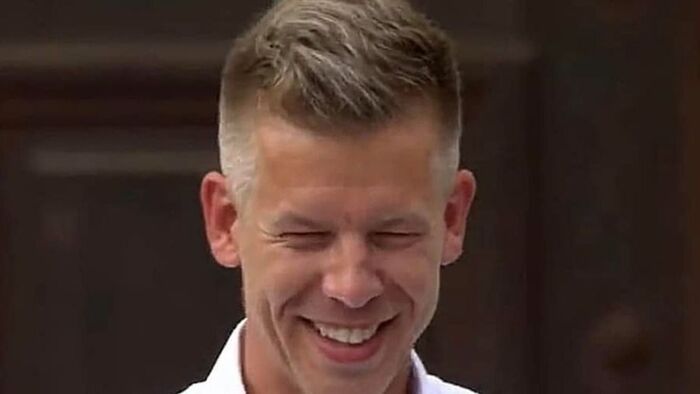

Szóljon hozzá!
Jelenleg csak a hozzászólások egy kis részét látja. Hozzászóláshoz és a további kommentek megtekintéséhez lépjen be, vagy regisztráljon!